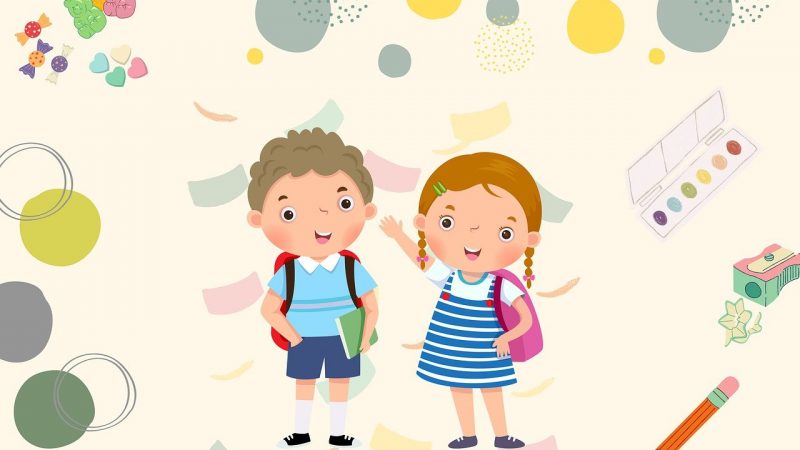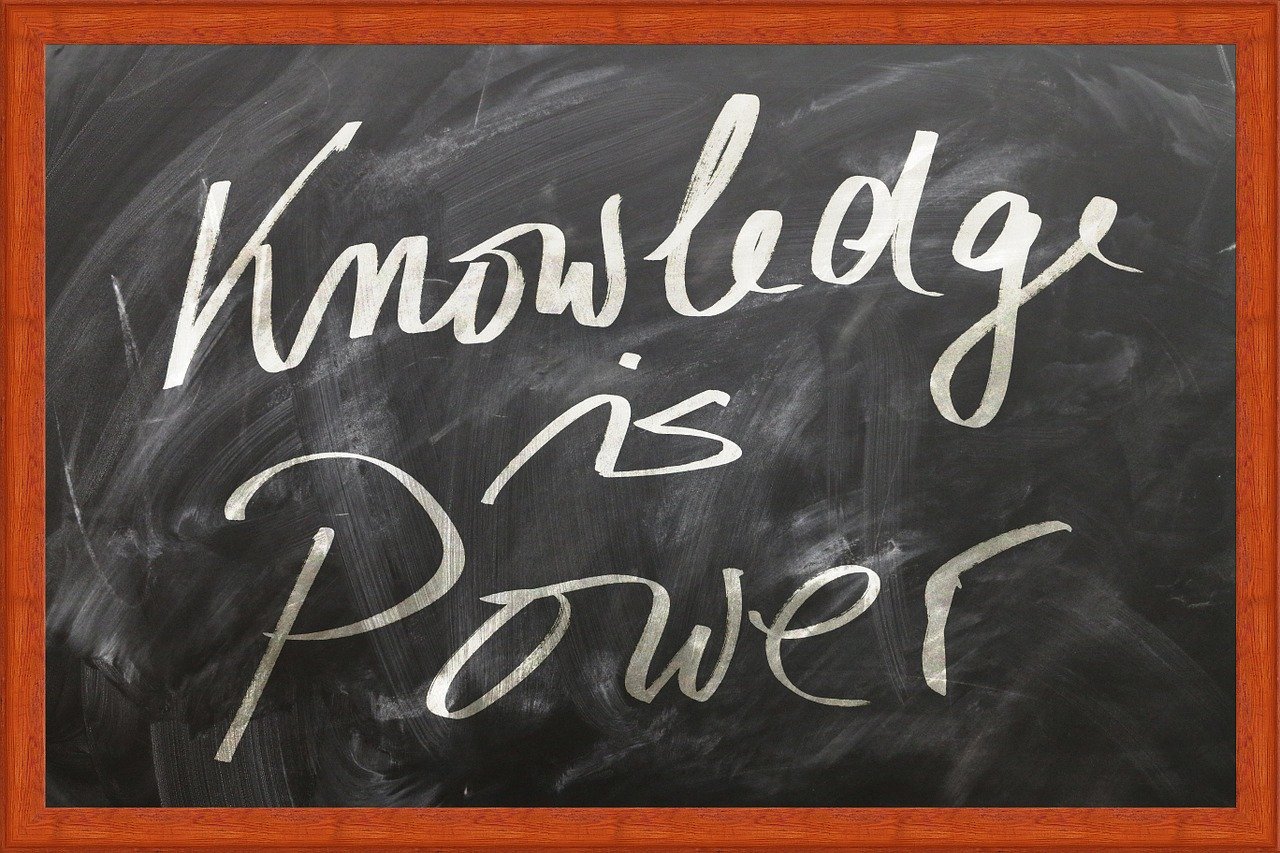Implementing engaging teaching strategies paves the way for higher student achievement. Rethinking conventional classroom practices leads to more personalized, enjoyable and effective learning. Here are 30 innovative instructional strategies to invigorate pedagogy:
1. Gamified Learning
Gamify content through points, levels, challenges and rewards. Tap into game dynamics to increase participation, effort and motivation.
2. Choice Boards
Offer an array of activity choices spanning multiple intelligences and letting students personalize learning paths.
3. Genius Hour
Provide time for students to research and create projects around passions. Inspire intrinsic motivation and autonomy.
4. Fishbowl Discussions
Some students form an inner circle debating ideas while others listen in an outer circle, then roles switch. Honing communication skills.
5. Flipped Classrooms
Students review material like video lectures at home, enabling active application through strategies like problem-based learning in class.
6. Embracing Outdoors
Utilize the schoolyard, nature and community as extensions of the classroom for place-based learning. Achieve environmental literacy.
7. Debates
Stage formal debates around curriculum topics. Develop argumentation and critical thinking abilities.
8. Simulations
Immerse students in role play and simulations like mock trials or model UN conferences. Experience scenarios first-hand.
9. Education Technology
Leverage AI tutors, VR field trips, robotics, and an array of edtech innovations to redefine learning possibilities.
10. Peer Teaching and Assessment
Students gain confidence mastering material by preparing lessons and formative assessments to deliver to classmates. Allow student perspective.
11. Project-Based Learning
Facilitate rich, practical projects applying learning to real-world contexts and problems. Develop knowledge plus workplace mindsets.
12. Flexible Seating
Create varied spaces like standing desks, couches, floor spaces and outdoor areas to accommodate different learning modalities.
13. Growth Mindset Culture
Instill the belief abilities develop through effort. Praise hard work over innate talent to encourage resilience.
14. Creative Expression
Let students demonstrate knowledge through diverse mediums like posters, films, poems, songs, diagrams and more.
15. Reader’s Theater
Turn reading assignments into performed readings. Boost comprehension and public speaking skills simultaneously.
16. Breakout Rooms
Pose problems and place clues across classroom areas. Have small groups collaborate escaping the scenario by correctly solving all elements.
17. Purposeful Games
Use interactive games to deliver content from Jeopardy style reviews to hands-on kinesthetic challenges.
18. Inquiry-Based Learning
Pose open-ended questions and assist students in collaborative discovery through analysis, prediction and hypothesis testing.
19. One-to-One Conferencing
Meet individually with each student to provide personalized mentoring, goal setting and learning plan development.
20. Literature Circles
Form peer-led book clubs focused on discussion, analysis activities and collaborative response projects. Develop comprehension.
21. Guest Speakers
Invite experts like authors, scientists and industry leaders to provide real-world mentorship and inspiration.
22. Outdoor Classrooms
Hold math, science, art and other subject lessons outdoors through activities utilizing nature. Ground concepts in surroundings.
23. Role Playing
Cast students in character roles relevant to content, improvising dramatic scenarios connected to curriculum concepts.
24. Digital Portfolios
Have students assemble artifacts like projects, assignments and creations digitally demonstrating abilities in multimedia formats.
25. Student-Driven Lessons
Shift instructional responsibility to student teams to research topics and teach peers. Build leadership and autonomy.
26. Independent Studies
Allow motivated students to select specialized focus areas for self-directed learning contracts supervised by the teacher.
27. Cross-Age Tutoring
Partner younger and older students for mutual tutoring giving teaching opportunities and personalized mentoring.
28. Writing Workshops
Involve students in all stages of the writing process through mini-lessons, draft work, peer editing, revision and publishing.
29. Socratic Seminars
Facilitate deep dialogue around complex open-ended questions through respectful student-led discourse and questioning.
30. Personalized Learning
Facilitate self-directed, technology-enhanced mastering of skills and concepts tailored to individual needs and interests.
Expanding educational possibilities requires moving from conventional teacher-focused models to more learner-centered experiences. These strategies provide springboards for innovating practice and transforming classrooms into dynamic learning communities.








